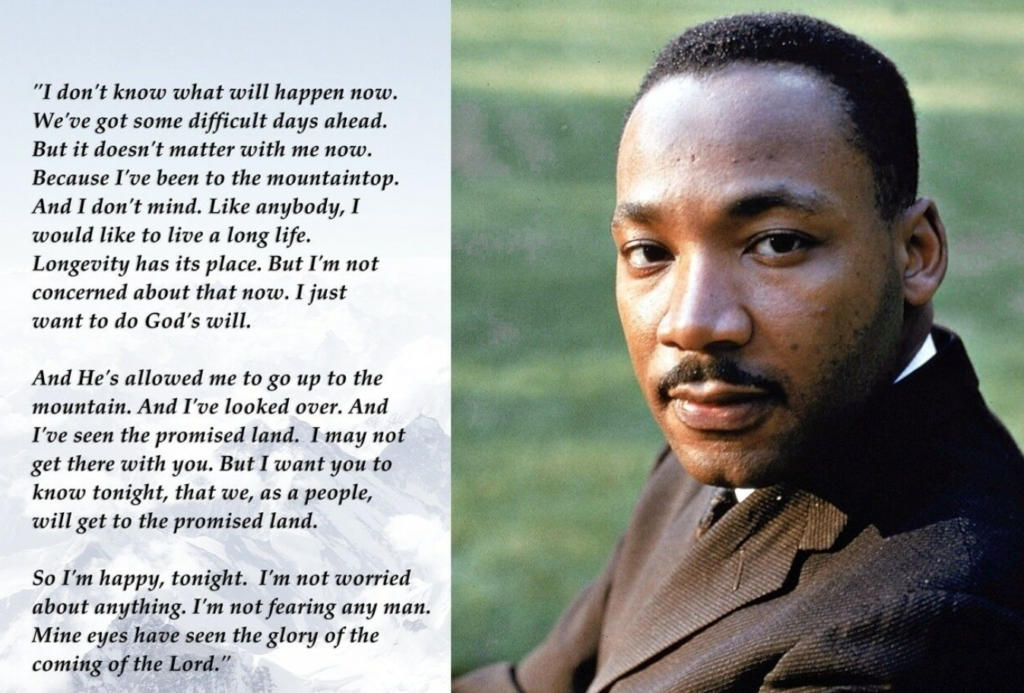
“Be certain that you do not die without having done something wonderful for humanity.” These are the words of Maya Angelou who, earlier this week, became the first Black woman to appear on the US quarter when the U.S. Mint introduced a new quarter featuring the legendary poet and civil rights activist. Her design is the first in the “American Women Quarters Program,” a four-year program that will include coins featuring prominent women in U.S. history, including astronaut Sally Ride, actress Anna May Wong, suffragist and politician Nina Otero-Warren, and Wilma Mankiller, the first female principal chief of the Cherokee Nation.
Maya Angelou held many distinctions. She received a Presidential Medal of Freedom, won the Literarian Award (an honorary National Book Award), and held more than 30 honorary degrees and published more than 30 bestselling works. In 1992, she became the first Black woman (and second-ever poet, after Robert Frost) to write and present a poem at a presidential inauguration.
As we stand on the cusp of Dr. Martin Luther King, Jr. weekend, I could not help but ponder the intricate connections between these two civil rights activists and social icons. Born just one year apart, they first met in 1960 after Angelou was moved by one of King’s speeches in Harlem. At his request, she would later take on the role of Northern Coordinator of the Southern Christian Leadership Conference. Shortly before Dr. King was murdered, he asked Angelou to go around the country with him for one month, asking preachers to give one Sunday’s collection to his movement, the Poor People’s March. She said yes but would not agree to go until after her birthday. As fate would have it, Dr. King would be assassinated on April 4, 1968, Angelou’s 40th birthday. Angelou and King’s widow, Coretta Scott King, went on to send each other flowers on April 4th for the next 30 years.
Dr. King’s final speech before his assassination, “I’ve Been to the Mountaintop,” was delivered in support of the striking sanitation workers in Memphis, TN on April 3, 1968: “I’ve been to the mountaintop. And I don’t mind. Like anybody, I would like to live a long life…But I’m not concerned about that now. I just want to do God’s will. And He’s allowed me to go up to the mountain. And I’ve looked over. And I’ve seen the Promised Land. I may not get there with you. But I want you to know tonight, that we, as a people, will get to the promised land…Mine eyes have seen the glory of the coming of the Lord.” Based on King’s words from that night, the following piece is titled Ascend the Mountain: “A Walk with Dr. King,” written by James Lee III, professor of music theory and composition at Morgan State University. An alum of Andrews University, Lee combines themes from the negro spiritual, Over My Head I Hear Music in the Air, and the well-known civil rights song, We Shall Overcome, to capture the mood of Dr. King’s powerful words